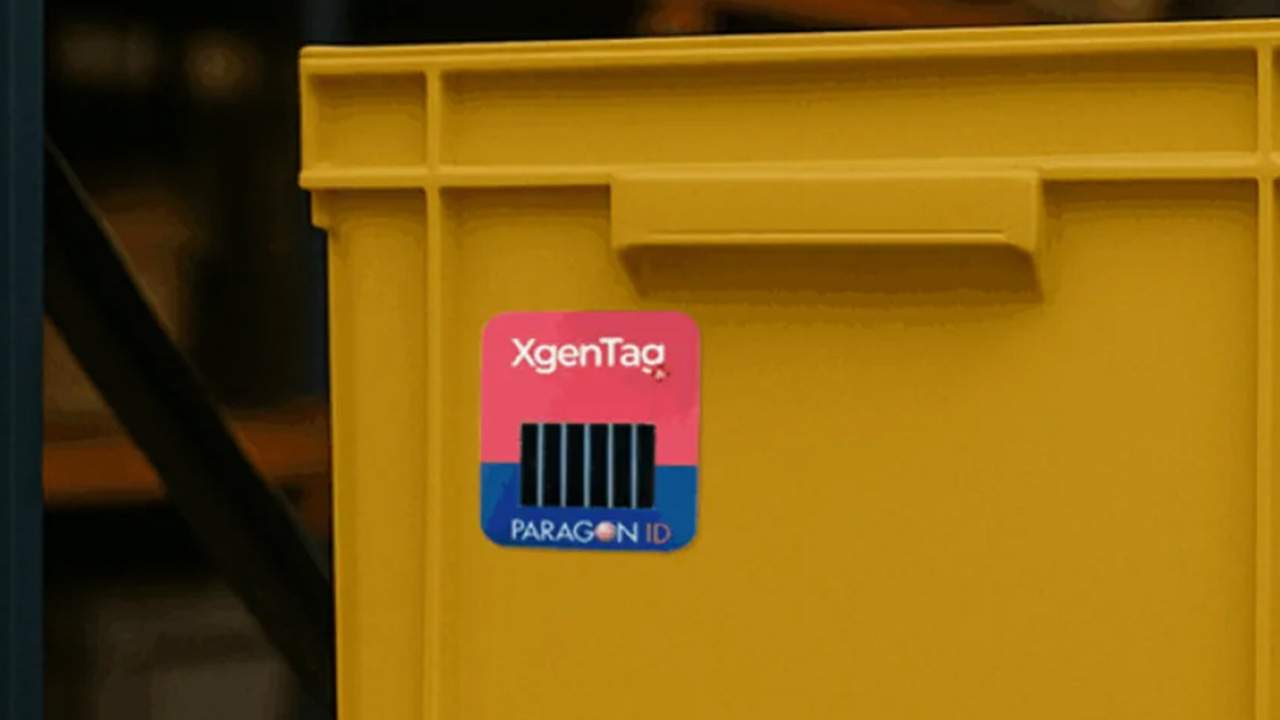Researchers develop RFID-enabled paper
Paper embedded with RFID tags has been developed by researchers at North Dakota State University (NDSU), Fargo, which could be used to combat counterfeiting.

The patent-pending process, called laser enabled advanced packaging (LEAP), uses a laser beam’s energy to transfer and assemble chips with dimensions well below those possible using conventional methods. The embedding method involves chips thinner than most commercial RFID chips on the market today.
Dr. Val Marinov, an associate professor of industrial and manufacturing engineering at NDSU, who led the research team, said: ‘We use our LEAP technology to embed ultra-thin, ultra-small semiconductor chips, including 350µm/side, 20µm thick semiconductor dice, in paper substrates with a thickness of less than 120µm.’
These ultra-thin, ultra-small RFID chips can be embedded in paper or other flexible substrates. As such, they could lead to ways to reduce counterfeiting of a wide variety of items such as pharmaceuticals, currency, legal papers, bearer bonds and other security documents.
In addition, this method could enable the production of paper-based RFID tags at a cost lower than that of today's conventional RFID tags and at packaging rates multiple times higher than those attainable with the conventional pick-and-place technology.
The research work has also devised antennaless RFID tags for use on metal.
Research at NDSU’s Center for Nanoscale Science and Engineering has focused on developing on-metal RFID tags that use the structure of the tagged object as the antenna.
The research focuses on developing spherical sensor platforms that can communicate using RFID protocols, regardless of orientation. This is useful for sensors that cannot be deployed with a guaranteed orientation, such as those dropped from aircraft.
The antennaless RFID tag technology developed at NDSU CNSE was developed with support under Grant Number N00189-10-C-Z055, awarded by the US Department of Defense, Office of Naval Research.
NDSU patent-pending LEAP technology is based on research sponsored by the Defense Microelectronics Activity (DMEA) under agreement number H94003-11-2-1102. This press release does not necessarily reflect the position or the policy of the Government and no official endorsement should be inferred.
These developments were present at two recent RFID conferences in Orlando, Florida.
Stay up to date
Subscribe to the free Label News newsletter and receive the latest content every week. We'll never share your email address.

